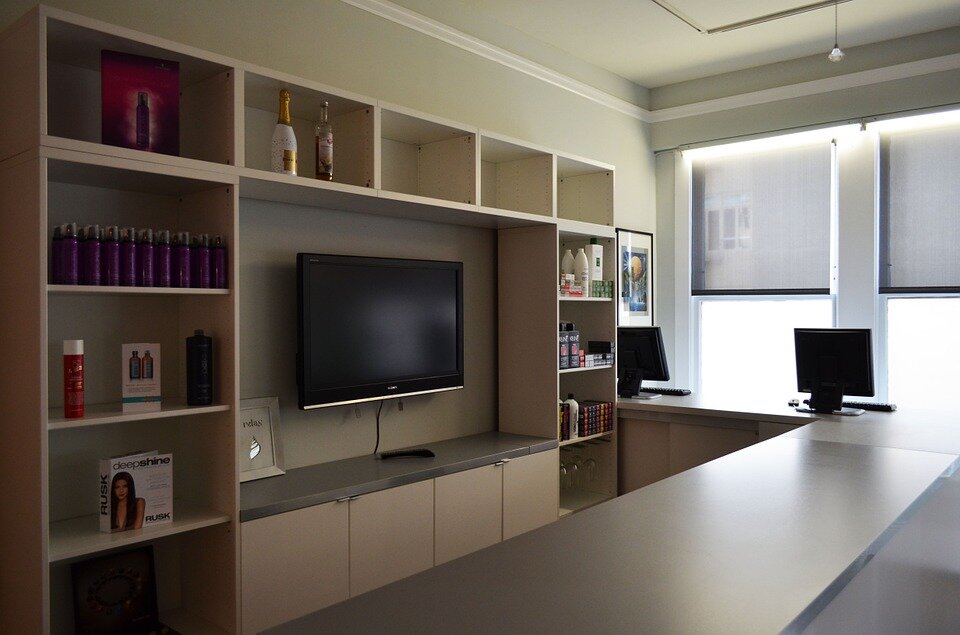World of media
you will point out the differences in a way of passing informationinformation by particular media
you will describe what does the press release consist of
you will analyse press article
Modern world of the media (press, radio, television and the Internet) develops in such speed that it is impossible to organise it. All the time new information technologies in which word interwines with picture and sound appear. We can use different press sources, which in democratic societies guided by the principles of freedom of both speech and the individual, express a diverse world view and offer various ways of documenting reality and events. Media reflect knowledge – from common to scientific – and influence our way of perceiving important social and civic issues.
About journalismjournalism
In journalism – just like in the literature – we have different genres. Generally speaking, we can divide journalism to informational texts and journalistic texts. The first describe facts and events and the second present the journalists’ opinions and views on the important social, political, cultural, etc. issues. Can you recognise them?
Match the names of newspaper texts (genres) to their definition.
news, column, teaser, comment, interview, report
| The genre in which a journalist talks with an interesting person (i.e.: an expert, a representative of the world of politics, culture, sport, etc.) on a chosen topic. In press version it is in the form of questions and longer answers. | |
| Text that refers to current social issues or interesting events, which the author reports on basis of direct observation, using form that is similar to literary epic genres. | |
| Basic informational genre, often appears on the front page of the newspaper, it may be accompanied with photography. | |
| Short text - usually on the front page of the newspaper or presented before the beginning of the newscast (radio or television), in which the journalist encourages to read other interesting articles (further information on the radio or television service) | |
| A variation of the journalistic text in which the author in personal (subjective) way expresses opinion on the presented events, current social issues. | |
| A journalistic text, most often a cyclic one, in which the author refers to serious issues in a witty or close to a literary language. |
Press release and its composition
The news (very often: information) Is probably one of he most important informational genre in all the media. It is characterised by being up‑to‑date and objective (as required by most of the editors) in presenting events. The news composition should remind reversed pyramid, the most important events are presented at the beginning and all the additional information – at the end. Well composed news should answer six classical journalistic questions: what? who? where? when? how? why? The most important press releases are most often on the newspaper’s front page and are accompanied with inscripted photos.
News – just like any other journalistic genre – consists of three parts.
List the titles of radio and TV programs that you are familiar with. Specify their theme and genre. Fill in the gaps with the correct expressions or words.
| Title of the TV/radio program | Genre |
|---|---|
headline, lead, main body
Divide the given genres into two groups: informational genres and journalistic genres. Drag elements to the right places.
teaser, correspondence, report, journalistic article, column, essay, biography and profile, commentary, review, news, interview
| Informational genres | |
|---|---|
| Journalistic genres |
In a few points present your favourite newspaper, TV or radio station. Refer to the following questions: What information or genres are presented in this media? How do you evaluate the journalistic workshop? Which of the thematic offers do you use most often and why?
Keywords
information, journalism, media, press
Glossary
reportaż
informacja
felieton
wywiad
esej
nagłówek
dziennikarstwo
zajawka
komentarz
sylwetka





